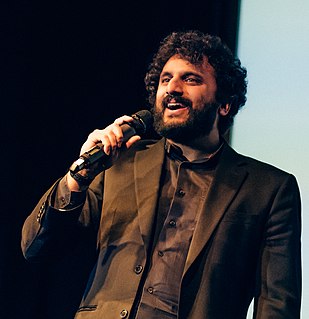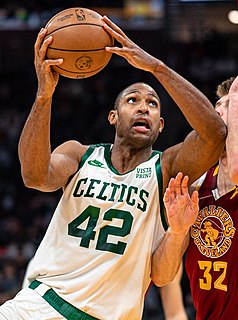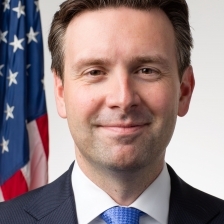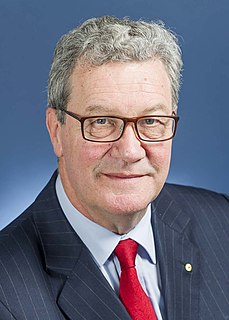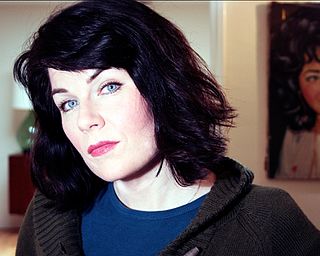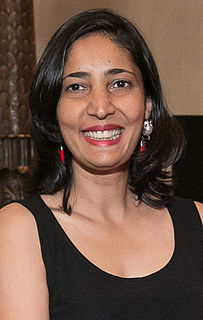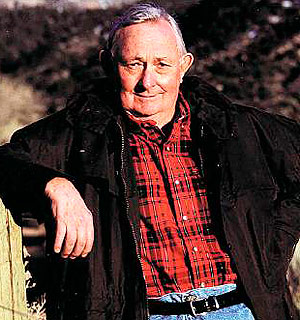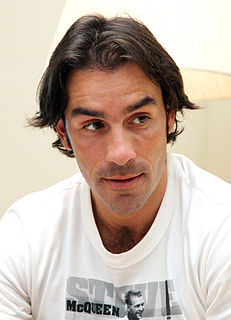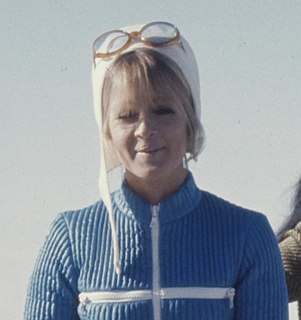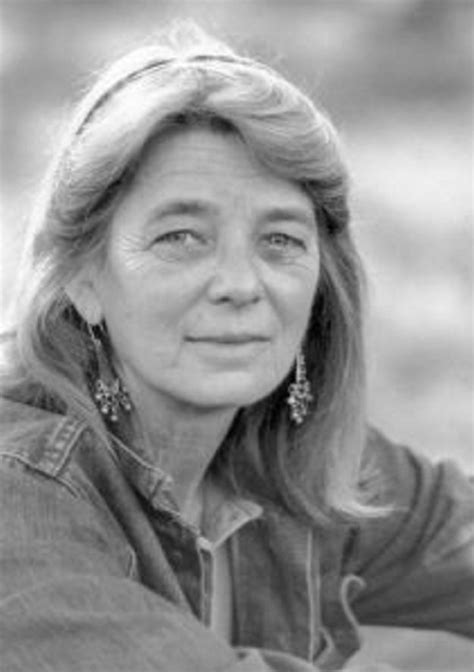A Quote by Nish Kumar
When I was growing up, and periodically going to India to visit my grandmother, my classmates would often ask me about the trains. There was an exotic fascination with people sitting on top of the carriages.
Related Quotes
My mom's younger sister was born with Down syndrome. I was close to my grandmother when I was growing up. I remember talking to my grandmother about politics, and she told me that she regularly voted for the Democrats because she knew that they were going to look out for people like her daughter. That made an impression on me, too.
Well people often ask me how I felt growing up with a father who was a politician and who was often away. But when I'm asked that question I often reflect on my inability really to be able to answer it in any relative sense because I never grew up with a father doing anything else. So I just have no idea what it would be like otherwise.
One of my fondest memories from childhood is of looking at a globe with my father. "What's the biggest country?" he'd ask me and my sister. We'd spin the globe around and guess. . . . The globe brought me a sense of wonder and adventure. I wanted to go to those other places and see how people did things differently. And, many years later, when I did visit other countries, I took my father's interest and fascination with me. When we plant the seeds of fascination and respect for other people, we are teaching tolerance and peace.
My grandmother's grandparents were slaves. My grandmother Big Mama would tell me about the stories she heard as a child growing up in the shadows of a North Carolina plantation. It's only been in my lifetime that blacks have had the right to vote, live in certain areas or hold certain jobs. It is with this black history that I write about the financial challenges African-Americans still have.
I was maybe 5 or 6, and my grandmother would begin sitting me in the Quaker meeting house. I asked my grandmother, 'What am I supposed to do?' and she said, 'Just wait, we're going inside to greet the light.' I liked that—this idea to go inside to find that light within, literally as well as figuratively.
I love to get on the road, but I also think arriving is such a thrill. Turning up at the train station in Mumbai, for example, to see people hanging off all the wonderful old carriages. It's extraordinary - everyone sitting with their chickens on their laps, moving forward but not going anywhere fast.
When I was growing up in rural Alabama, as a young child, about 50 miles from Montgomery, and we would visit the little town of Troy, or visit Montgomery or Tuskegee, I would see the signs that said, "WHITE MEN - COLORED MEN," "WHITE WOMEN - COLORED WOMEN."And I would come home and say to my mother and father and my grandparents, "Why?" "Why this?" "Why that?" And they would just tell me, "That's just the way it is! Don't get in the way. Don't cause trouble."
